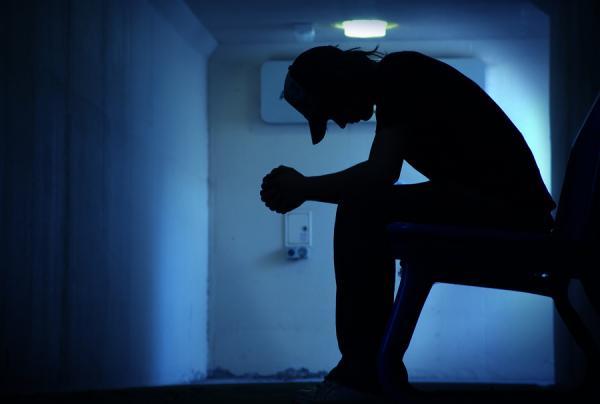Ian Thorpe’s battles with depression are well documented, but how common is the problem of depression amongst athletes and sports stars at the highest level of competition.
In researching this article, we came across the following information, studies in the US indicate that if 100 US adults are followed over their entire lifetime, 16 will have at least one episode of clinical depression (the lifetime prevalence of depression is 16.5 percent).
In any given single year, 6 of the 100 will experience depression symptoms that meet the diagnostic clinical depression criteria. The 12-month prevalence of depression is actually higher in the 18-25 age group compared to the 26-49 or 50+ age groups (8 percent compared to 7 percent or 5 percent).
So what do these facts have to do with athletes and sports medicine?
It is a common perception that athletes, by virtue of their athletic endeavors, are somehow immune to depression and other mood disorders. Though there is not enough research yet to definitively refute this belief, it is very likely that this is not true. In other words, it is a myth that athletes are immune to depression, anxiety, and other mood disorders simply because they participate in competitive athletics. We also know that an athlete may have different risk factors for developing depression, such as having an injury or having an athletic career come to end, when compared to non-athletes.
Most recently is the news that NRL player Darius Boyd has been admitted for treatment for depression, an issue he has been trying to deal with for several months according to coach and mentor Wayne Bennett.
Many people seem surprised that sporting stars who are performing at high levels and living a seemingly wonderful life would suffer from depression. The answer to this is that depression doesn’t discriminate across gender, age, socioeconomic status, or occupation. The fact is that depression is an illness of perspective and affects a person’s thinking patterns, so it doesn’t matter how a person’s life looks to others, it’s more about how someone sees their own life. In fact, sporting stars and other high performers are likely to have high expectations so they are more prone to frustration, disappointment, being self critical, and therefore could be more prone to depression. Sporting stars are also high profile members of our community so they are under a lot of pressure, and when they have personal issues that we all have, they can struggle as they are under constant spotlight and media scrutiny.
Injuries are often associated with a higher risk of depressive symptoms, and coping with injuries and recovery from injuries can lead to bouts of depression.
The stigma of having a mental health illness is perhaps less than it has been previously in the general population. In the culture of sports, where “mental toughness” is as valued as physical prowess, however, we still have room to improve in terms of our acceptance and understanding of depression and mood disorders in athletes.
In the US a survey of over 800 sports medicine physicians regarding psychological issues in athletes, concluded that 80 percent of sports docs discuss psychological issues related to injury with athletes, and that there is a need for improved care of athletes with psychological issues.
It is very likely that, for a variety of reasons, mental health symptoms and disorders are underreported, underdiagnosed, and undertreated in the athletic population.
I suspect that in the future, the stigma around mental health and sports stars will dissipate, and will be treated like a physical injury. This will be a great time for our sports heroes. After all, they are only human.
If you or a family member need help for depression, contact us at Go Psychology for help. Call our 24/7 help line on 07 5580 9212 or visit our contact page.
Article by Dr Paul Bowden, Clinical Psychologist and Director of Go Psychology Robina on the Gold Coast.
To assist parents and teenagers we have made this article Depression in Sports Stars available as a PDF, you can download the article for reference purposes by clicking on the link.
Story source and research: www.philly.com

